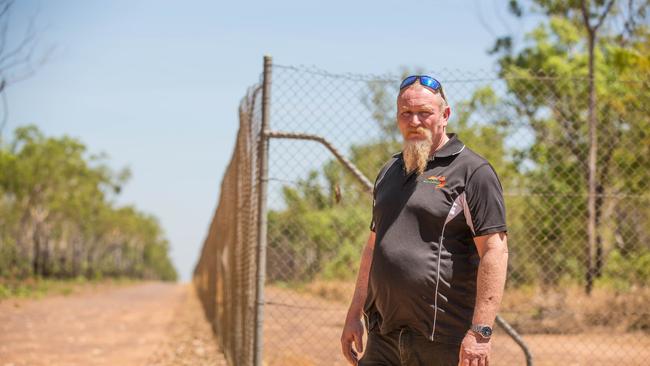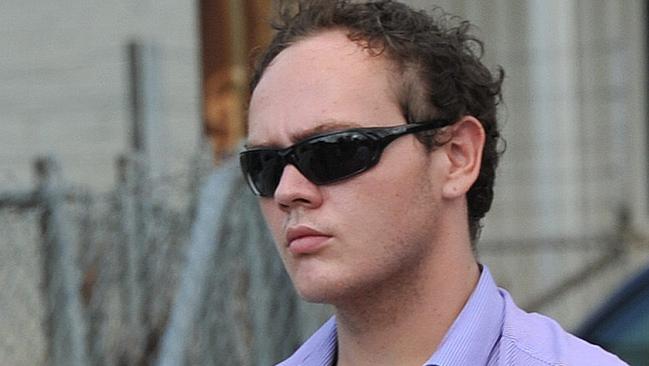Zak Grieve case: pledge to change jailing rules
Changes to the NT government’s controversial mandatory sentencing regime seem inevitable.

Changes to the Northern Territory government’s controversial mandatory sentencing regime seem inevitable after both sides of politics supported a review of the laws that led to a young Aboriginal man being jailed for life over a murder he did not physically commit.
The public commitment from the Territory’s opposition came after Chief Minister Michael Gunner yesterday described Zak Grieve’s case as an “anomaly”, following a week-long investigation by The Australian that highlighted serious questions about the case.
Bipartisan support for reform to the legislation, in which politicians dictate how judges punish certain crimes, has national significance. Mandatory sentencing laws are in place in most states and territories, despite criticism from judges and senior lawyers that they do not reduce crime.
The Australian revealed yesterday that Territory Administrator John Hardy has begun the process of considering whether Grieve should be released early on parole — a decision known as a “mercy plea”.
Mr Gunner subsequently said the government would review the case before the Administrator formally confirmed the result. With Mr Hardy due to step down within months, this decision is likely to fall to his successor, Vicki O’Halloran, whose appointment was also announced yesterday.
“Mandatory sentencing can present anomalies, and that’s what happened in this instance,’’ Mr Gunner said.
Opposition Leader Gary Higgins, whose Country Liberal Party introduced mandatory sentencing for violent offences in 2013, went further yesterday, saying his party “would be in favour of building some judicial discretion into the current mandatory sentencing scheme as it applies to murder”.
“An exception to the 20-year mandatory non-parole period for murder could be enacted to provide a judge with discretion to abrogate the mandatory sentence where ‘compelling circumstances’ warrant a departure,” Mr Higgins said.
While any such reform may not affect Grieve’s incarceration, the decision to begin the “mercy plea” process has been welcomed by his family.
Grieve’s father, Warren, visited his son in the Darwin Correctional Centre yesterday but said he was reluctant to share the full weight of the news with him.
“For me to build his hopes up, if nothing happened it could shatter him, because we’ve been disappointed so many times in the past,” Mr Grieve said after the visit.
While they discussed what Grieve might do on his first day after a release — eat fish and chips, then go fishing with his father — Mr Grieve said his son was largely unaware of the public storm surrounding his case.
Grieve was one of three men convicted of the 2011 murder of Ray Niceforo in Katherine. While each of the three agreed to take part in the killing, the two other men, Chris Malyschko and Darren Halfpenny, gave conflicting evidence about whether Grieve was there when it took place.
Influential independent Territory MP Gerry Wood called for a review of the mandatory sentencing legislation and Grieve’s case, arguing it should be sent to a new parliamentary committee.
Mr Wood said he was “not a great fan of mandatory sentencing” and that Grieve’s 20-year minimum jail term seemed unfair.
“Even though he should’ve done something to stop the murder, or at least warn someone that it was happening, he didn’t participate ... I think that that sort of situation should be looked at differently to if he had actually participated,” he said yesterday.
Territory Attorney-General Natasha Fyles welcomed Mr Wood’s proposal, although she said reforms could take 12-18 months. “Our justice system, I believe, is not working,’’ she said.
“The driving force for me is those rates of incarceration, rates of reoffending, and the cost to Territorians — not just the economic cost but the social cost to our communities.’’


